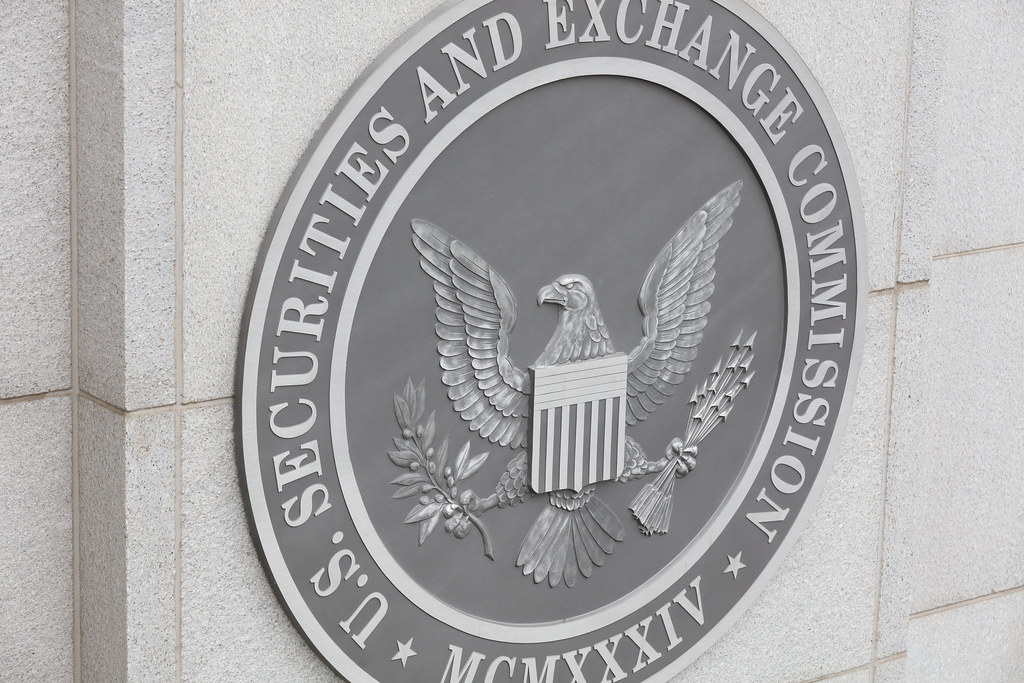Who wins and who loses with the new SEC rules on climate

The US SEC has proposed a series of rules for companies, which will have to disclose their emission levels and the degree of exposure to climate risks. Here are winners and losers
On Monday the Securities and Exchange Commission (SEC), the U.S. federal agency that oversees the stock exchange, released a list of rules for companies on disclosing their greenhouse gas emission levels and exposure to climatic risks.
WHAT DO WE MEAN BY CLIMATE RISK
Quartz gives a concrete example of what is meant by "climate risk": British consumer goods company Unilever is one of the largest buyers of palm oil in the world and presented a case study to show how an extreme climate event , affecting the plantations, may impact its supply chain.
Climate risks do not only concern the increase in temperatures or sea level, but also all the implications related to the transition to a low-carbon economy. For example, the increase in emission permits, the change in consumer habits (which could turn to different products, perhaps with a reduced environmental impact) or the stigmatization of certain industrial sectors perceived as too polluting (which could lead to a drop in investments ).
WINNERS AND LOSERS
Those of the SEC are proposals, which – as CNBC points out – will take a long time to eventually become law; but if they do, it will have profound implications for the American business sector.
The standardization of climate data disclosures by companies will first and foremost create a new economic sector: an industry will develop that is focused on developing technological solutions for tracing and validating emissions and risks. Companies that are already monitoring and disseminating this data on a voluntary basis will also enjoy a competitive advantage over their rivals.
The SEC rules aim to create an environment of greater transparency for investors and customers of companies, increasingly attentive to environmental, social and governance (ESG) sustainability. The "climate laggards," as CNBC calls them – that is, companies that have so far paid little attention to their climate impact – could lose attractiveness and, consequently, economic revenues.
THE EXCEPTIONS
In some industries, however, “green” alternatives simply do not exist, and issuing companies would therefore not be penalized by the SEC rules. The chemical, cement or paper industries, for example, are considered energy-intensive (they consume large amounts of energy) and hard-to-abate (difficult to decarbonise, because there are currently no clean fuels capable of replacing the fossil fuels used in their production processes).
WHAT THE SEC SAYS ABOUT SCOPE EMISSIONS 3
The SEC rules require companies to disclose Scope 1 emissions (those generated directly by the company and under its control) and Scope 2 ("indirect" emissions, linked for example to the energy used for lighting or heating offices). They are both quite simple to monitor.
However, the SEC asks companies to also disclose Scope 3 emissions, i.e. all other indirect emissions linked to the value chain of the company and its product. In this case, tracking is more complex, especially for those companies that have long and scattered supply chains in many countries of the world. It is then possible that companies will begin to rely more on domestic suppliers, located in the ultimate target markets of the products, because they are easier to monitor.
This is a machine translation from Italian language of a post published on Start Magazine at the URL https://www.startmag.it/economia/sec-regole-clima-aziende/ on Fri, 25 Mar 2022 06:52:58 +0000.
